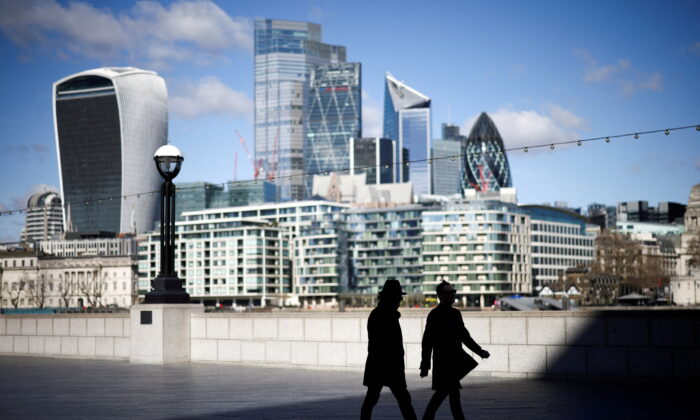The Bank of England is likely to refrain from cutting interest rates in the upcoming vote, as wage growth is surpassing inflation. UK wage growth has remained strong, but economists anticipate a gradual slowdown as the labor market cools in the months ahead. In the three months leading up to April, total earnings stayed at 5.9 percent, with the figure excluding bonuses at 6 percent. The public sector saw robust annual average regular earnings growth at 6.4 percent, while the private sector, closely monitored by the Bank of England, experienced growth of 5.8 percent. Despite an increase in the National Living Wage, the private sector recorded its slowest pace of average weekly earnings growth in two years.
Inflation in April reached its lowest level in nearly three years at 2.3 percent, driven by declines in gas and electricity prices. Real income gains for employees in the three months to April stood at 2.2 percent, the highest level since October 2021. Adjusted for inflation, annual pay growth in real terms was 2.3 percent, the strongest since 2015, excluding the pandemic period. The labor market showed signs of cooling, with a slight decline in vacancies and an increase in the unemployed-to-vacancy rate.
The Bank of England is concerned about the persistence of wage growth and its impact on inflation. Economists expect the BoE to proceed cautiously with interest rate decisions, considering the current wage dynamics. The long-term economic outlook is viewed as one of stagnation, with average workers significantly worse off compared to pre-financial crisis wage growth levels. Can you please rewrite this sentence for me?
Source link






